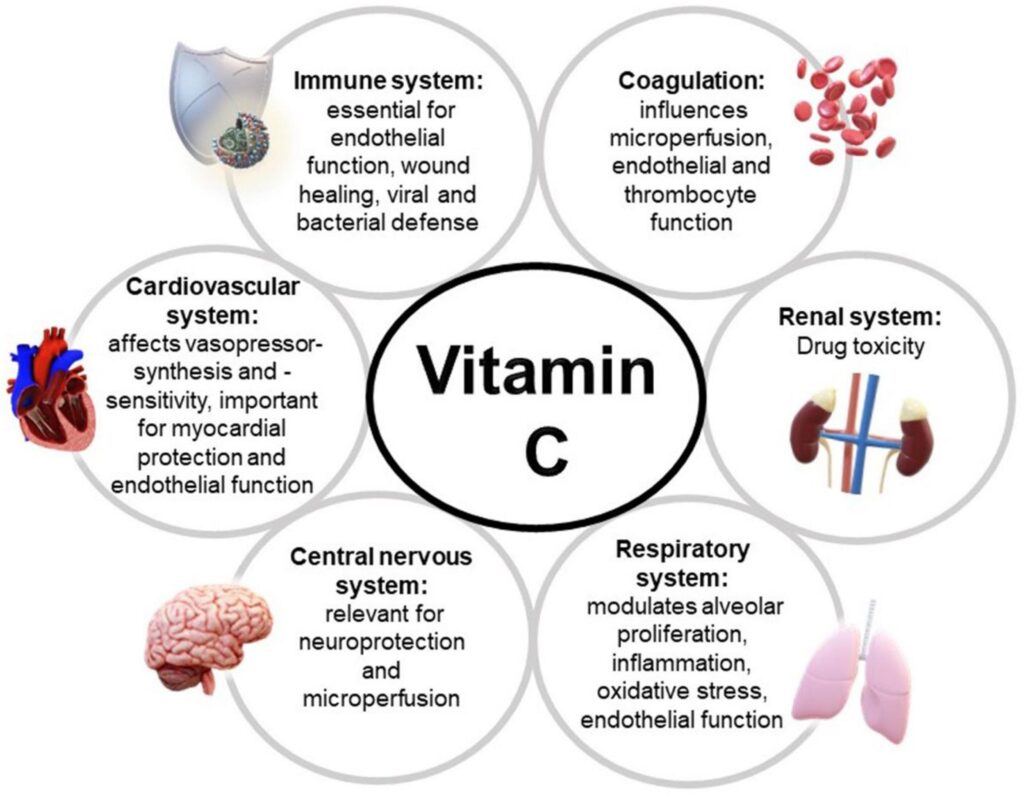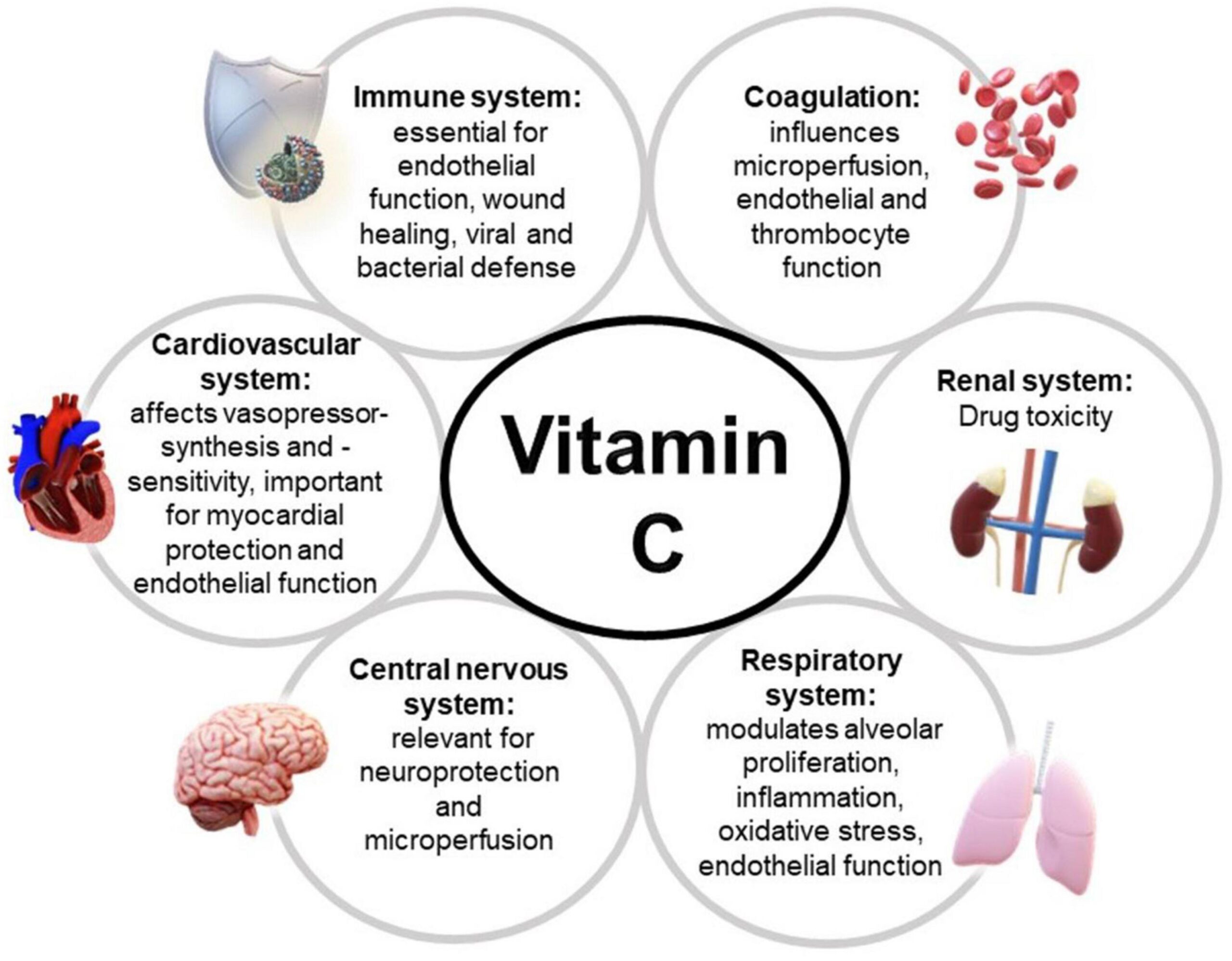
Navigating the Hidden Dangers: Are There Toxins in Your Vitamins?
In a world increasingly focused on health and wellness, vitamins have become a staple for many seeking to supplement their diets and address potential nutritional deficiencies. However, a growing concern revolves around the potential presence of toxins in vitamins. While the intention behind taking these supplements is to improve health, it’s crucial to understand the potential risks associated with contaminants and ensure you’re making informed choices. This article delves into the various aspects of toxins in vitamins, exploring their sources, potential health effects, and how to minimize your exposure.
Understanding the Potential for Toxins in Vitamins
The notion that vitamins, intended to promote health, could contain harmful toxins might seem counterintuitive. However, the reality is that the manufacturing process, sourcing of ingredients, and even the packaging can introduce contaminants into these supplements. These contaminants can range from heavy metals to pesticides and even byproducts of the manufacturing process.
Sources of Contamination
Several factors contribute to the presence of toxins in vitamins:
- Raw Materials: The source of the raw materials used to manufacture vitamins is a primary concern. If the soil or water used to grow the plants or raise the animals providing these materials is contaminated, the resulting vitamins can also contain toxins.
- Manufacturing Processes: The manufacturing process itself can introduce contaminants. Inadequate quality control measures, the use of contaminated equipment, or the presence of impurities in solvents used during processing can all lead to toxin contamination.
- Packaging: The packaging materials used to store vitamins can also be a source of contamination. Certain plastics or coatings may leach harmful chemicals into the vitamins over time.
- Fillers and Additives: Many vitamins contain fillers, binders, and other additives. These ingredients can sometimes be a source of toxins, particularly if they are sourced from unreliable suppliers or are not properly tested for purity.
Types of Toxins Found in Vitamins
Several types of toxins can potentially be found in vitamins. Some of the most common include:
- Heavy Metals: Lead, mercury, arsenic, and cadmium are heavy metals that can contaminate vitamins. These metals can accumulate in the body over time and lead to a range of health problems, including neurological damage, kidney problems, and cancer.
- Pesticides: Vitamins derived from plant sources can be contaminated with pesticides used during farming. Exposure to pesticides can have various adverse health effects, including hormone disruption, neurological problems, and increased cancer risk.
- Solvents: Solvents used during the manufacturing process can sometimes leave residues in the final product. Some solvents, such as benzene and hexane, are known carcinogens.
- Microbial Contaminants: In some cases, vitamins can be contaminated with bacteria, mold, or other microorganisms. This is more likely to occur in vitamins that are not properly manufactured or stored.
Potential Health Effects of Toxins in Vitamins
The health effects of exposure to toxins in vitamins depend on the type and amount of toxin, as well as the individual’s overall health and susceptibility. However, even low levels of exposure to certain toxins can have significant health consequences over time.
Short-Term Effects
Short-term exposure to high levels of toxins in vitamins can cause a range of symptoms, including:
- Nausea and vomiting
- Diarrhea
- Headaches
- Dizziness
- Fatigue
- Skin rashes
Long-Term Effects
Long-term exposure to even low levels of toxins in vitamins can have more serious health consequences, including:
- Neurological damage
- Kidney problems
- Liver damage
- Hormone disruption
- Increased cancer risk
- Developmental problems in children
Minimizing Your Exposure to Toxins in Vitamins
While the potential for toxins in vitamins is a legitimate concern, there are several steps you can take to minimize your exposure and protect your health.
Choose Reputable Brands
Opt for vitamins from reputable brands that have a strong commitment to quality control and testing. Look for brands that use third-party testing to verify the purity and potency of their products. These brands often invest more in sourcing high-quality ingredients and implementing rigorous manufacturing processes. Look for certifications from organizations like USP (United States Pharmacopeia), NSF International, or ConsumerLab.com, which independently verify the quality of supplements.
Read Labels Carefully
Carefully read the labels of vitamins before purchasing them. Pay attention to the list of ingredients and look for any potential contaminants or additives you may want to avoid. Be wary of products that contain artificial colors, flavors, or sweeteners, as these may be indicative of lower-quality ingredients. Also, check the label for information about the sourcing of the ingredients and the manufacturing process.
Opt for Organic Options
Consider choosing organic vitamins whenever possible. Organic vitamins are made from ingredients grown without the use of synthetic pesticides or fertilizers, reducing the risk of pesticide contamination. While organic certification doesn’t guarantee the absence of all toxins, it significantly lowers the likelihood of exposure to harmful chemicals.
Be Aware of Dosage
Follow the recommended dosage instructions on the vitamin label. Taking excessive amounts of vitamins can increase your risk of exposure to toxins, as well as other potential side effects. Consult with a healthcare professional to determine the appropriate dosage for your individual needs.
Store Vitamins Properly
Store vitamins in a cool, dry place away from direct sunlight and heat. This will help to prevent the breakdown of the vitamins and reduce the risk of contamination. Keep vitamins in their original packaging to protect them from moisture and other environmental factors. Discard any vitamins that have expired or show signs of damage.
Consider Whole Food Sources
Whenever possible, prioritize obtaining vitamins and minerals from whole food sources, such as fruits, vegetables, and whole grains. Whole foods provide a wide range of nutrients in a readily bioavailable form and are less likely to be contaminated with toxins than processed vitamins. However, even with whole foods, it’s important to wash produce thoroughly to remove any potential pesticide residues.
The Role of Regulation and Third-Party Testing
The supplement industry is regulated, but the level of oversight is not as stringent as it is for pharmaceuticals. This is why third-party testing is so important. Organizations like USP, NSF International, and ConsumerLab.com independently test supplements for purity, potency, and the presence of contaminants. Look for products that have been certified by one of these organizations to ensure that they meet certain quality standards. These certifications provide an extra layer of assurance that the vitamins you’re taking are safe and effective.
Understanding USP Verification
The United States Pharmacopeia (USP) is a non-profit organization that sets standards for the quality, purity, strength, and identity of dietary supplements. Vitamins that have been USP Verified have undergone rigorous testing to ensure that they meet these standards. This verification process includes testing for contaminants such as heavy metals, pesticides, and microbes.
NSF International Certification
NSF International is another independent organization that tests and certifies dietary supplements. NSF certification indicates that a product has been tested and verified to meet certain quality and safety standards. This includes testing for contaminants and ensuring that the product contains the ingredients listed on the label in the declared amounts.
ConsumerLab.com Approval
ConsumerLab.com is a subscription-based service that independently tests and reviews dietary supplements. ConsumerLab.com tests products for purity, potency, and the presence of contaminants. Products that pass ConsumerLab.com’s testing are awarded a seal of approval, which indicates that they meet certain quality standards.
Making Informed Choices for Your Health
The potential presence of toxins in vitamins is a serious concern that should not be ignored. By understanding the sources of contamination, the potential health effects, and the steps you can take to minimize your exposure, you can make informed choices about the vitamins you take and protect your health. Always prioritize reputable brands, read labels carefully, consider organic options, and consult with a healthcare professional to determine the appropriate supplements for your individual needs. Remember that while vitamins can be a valuable addition to a healthy lifestyle, they are not a substitute for a balanced diet and regular exercise. Being proactive and informed is the best way to ensure that the vitamins you take are contributing to your health, not detracting from it. Don’t forget to research the specific brands you are considering and look for independent lab testing results to further validate their claims. The goal is to find supplements that support your health without introducing harmful toxins into your system. [See also: The Importance of Supplement Quality] By taking these precautions, you can confidently navigate the world of vitamins and choose products that are safe, effective, and beneficial for your well-being. It’s important to remember that the supplement industry is constantly evolving, and new information about the potential risks and benefits of vitamins is always emerging. Stay informed and continue to educate yourself about the latest research and recommendations to ensure that you are making the best choices for your health. Are you aware of the potential for toxins in vitamins? Has this information changed how you choose your supplements? Share your thoughts and experiences in the comments below. Being proactive and informed is the best way to ensure that the vitamins you take are contributing to your health, not detracting from it. Considering the potential for toxins in vitamins requires careful attention to detail and a commitment to making informed choices for your health and well-being. This includes staying updated on industry news and research, as well as consulting with healthcare professionals to make personalized decisions about your supplement regimen.

